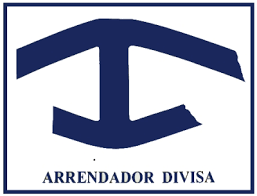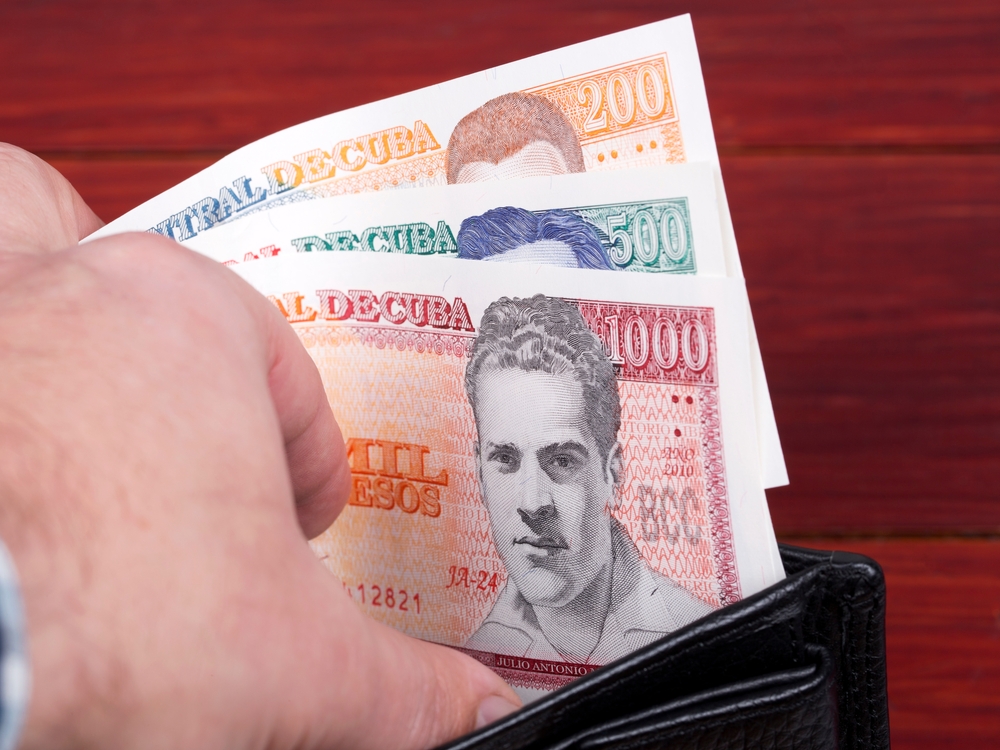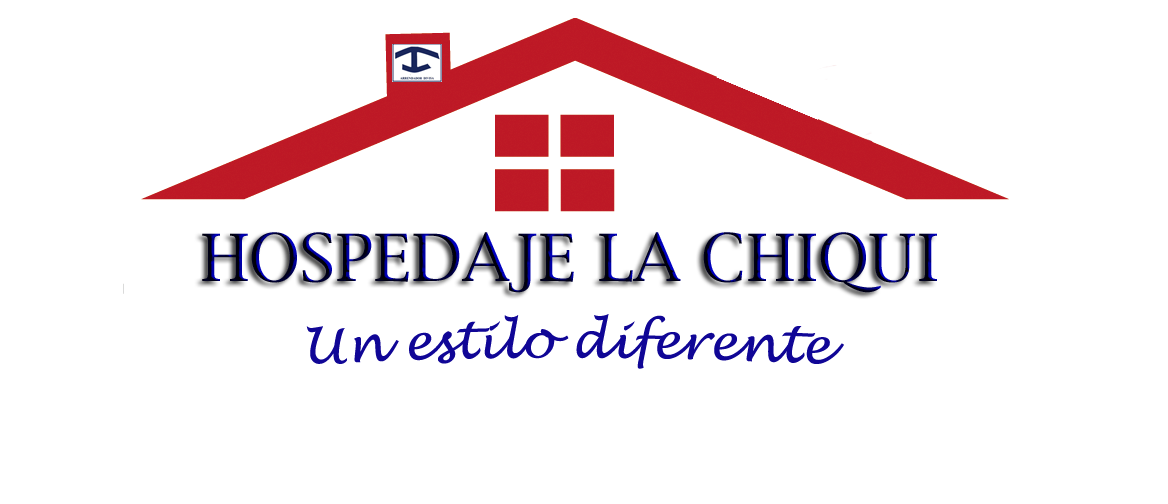The Cuban son, the friendliness of its people, the mythical rum or the white sand beaches are some of the claims of Cuba, one of those earthly wonders that every traveler should know at some point in his life.
Preparing a vacation in this scenario implies taking into account some recommendations or tips that we summarize below:
Lodging in private homes
Once you have booked your accommodation, write down correctly the address and telephone number of the house where you will be staying (fixed: 7 833 7625 or cell: 5 559 8664) so that you do not have problems when you arrive in Cuba. In case of cancellation or delay of your flight you must inform the owners in a timely manner so that the necessary adjustments can be made.
If you are late at the airport due to immigration or customs procedures, we suggest you go to the waiting room and notify the person who is waiting for you.

Do not stay in a private house that is not legally authorized for rent to foreign tourists, because that constitutes a violation. Licensed houses must have a blue sign with the corresponding indication on the door.
Do not get carried away by people who want to accompany you - even if they appear to be of good will - do not accept business from strangers, almost always, they are illegal. You can complain to any police or uniformed guard so that these people do not interfere in your journey.
In case you do not have a pick-up, you must take a taxi from the airport directly to the house you rented. There is no bus route that links the international terminal with the city of Havana. The owners will wait for you even if the schedule is late at night or at dawn. The airport is always called to confirm the arrival of your flight.
We recommend that you bring a photocopy of your passport to use in the country. In this way the loss or deterioration thereof is avoided.
Only buy alcoholic beverages in shops, cigars or Cuban cigars in authorized places. Buying them from anyone on the street has the risk of being counterfeit, like Cuban cigars or cigars.
Throughout the country, tap water is potable and consumed directly without major setbacks by the majority of the Cuban population, but it is recommended to buy bottled water to avoid tropical diseases.
Except for exceptions where it can be found in the current country at 220 volts, the normal thing in Cuba is that the electric current is 110 volts and 60 cycles. This must be taken into account if you plan to bring any electrical equipment, as well as do not forget the American style flat-tip adapter insert.
If during your stay in Cuba you have loving or friendly relations with a Cuban or foreigner and you decide to lodge him in your room, you must inform the owner of the house so that he can take the person's information. These are established rules for your security and the rental house; otherwise, they are NOT responsible for you and your material objects.
Health System
Cuba has a preventive orientation that has served to eliminate almost all of the epidemics that normally affect tropical countries within its borders. Therefore, your trip to the island does not involve any risk in that regard. In any case, the first visit to the doctor, as well as the emergencies, are attended free of charge.
About the currency

The official currency of Cuba is the Cuban Peso, also known by its acronym CUP. One Cuban Peso is equivalent to 100 cents. Banknotes of 1, 3, 5, 10, 20, 50, 100, 200, 500 and 1000 pesos circulate, as well as fractional coins of 1, 3 and 5 pesos and 5 and 20 centavos. Most of the goods and services that exist in the country are paid for with this currency, although it is not the only one you will need during your stay on the Island. In some establishments and for certain procedures (such as consular ones), payment in freely convertible currency is mandatory (such as euro, pounds sterling, usd or any other international currency.
Also in some stores and certain establishments you can pay with debit cards, as long as they have not been issued by US banks or their subsidiaries.
Security in Cuba
 Cuba is one of the safest countries in Latin America, with a relatively low rate of violent crime. Assaults are rare but, nevertheless, at night and in areas far from the center of cities or remote places, it is necessary to have the care dictated by common sense.
Cuba is one of the safest countries in Latin America, with a relatively low rate of violent crime. Assaults are rare but, nevertheless, at night and in areas far from the center of cities or remote places, it is necessary to have the care dictated by common sense.
As advice, keep an eye on your belongings in crowded places, do not trust improvised tour guides and do not bring jewelry, valuables or more money with you than you need.
Common crimes in other countries of the region such as kidnappings, armed robberies, deaths caused by assaults or robberies, extortion and drug trafficking are practically non-existent on the island, as well as organized crime in general.
In general terms you can walk through the cities and travel by road in any region of the island and at any time of day or night safely. Obviously, being careful does not cost anything and it is always better to caution than to regret, so night owls and lovers of nocturnal adventures are better kept in central areas and avoid places of little movement and lighting.
The pools and beaches of hotels are monitored and thefts are rare in these areas, but you should avoid leaving money or valuable jewelry when you go to enjoy a swim in the sea or pool.
What you should not forget:
»Some type of medication that you normally use.
»Light cotton clothing fundamentally. The short is a garment that can not miss. We advise you to bring some more appropriate clothes in case you decide to go to a luxurious cabaret in the country. Although it never hurts to bring a light sweater for the times when it is in the air-conditioned rooms or in the winter months.
»Cream or sunscreen, never with a protection factor lower than SPF 15.
" Sunglasses.
»Repellent for mosquitoes, in case you decide to go hiking.
»Rent houses offer refreshment service (sheets, towels, toilet paper, soap). If you use a specific brand, we recommend bringing it with you due to the limitations of the internal market.
Customs regulations
 You should know that both the entrance and the exit can not be taken with you:
You should know that both the entrance and the exit can not be taken with you:
»Drugs and narcotics.
»Psychotropic or hallucinogenic substances.
»Precursor substances
»Explosives.
»Literature, articles and objects obscene or pornographic or that attempt against the general interests of the nation.
Other data of interest:
»Tourists only have to fill out the customs declaration form when they import regulated products or items or amounts of money that exceed USD 5,000. So the entry of cash is unlimited.
»In addition to your personal effects, you can import non-commercial items worth 1000 CUC. Personal items, including jewelry, photographic or video cameras, sporting effects and fishing gear, portable DVD, laptop or laptop, two bottles of liquor, a carton of cigarettes and up to 22 pounds (10 Kg) are exempt from taxes. of medicines. In addition, wheelchairs, up to 10 kg (22 lbs) of medicines, scientific, technical and literature books, disposable shunts and other items can be imported tax-free.
Typical products
 The quintessential products that can be bought in Cuba are rum and cigars, considered the best in the world. We suggest you buy from authorized stores that can provide you with an invoice to take the products out of the country.
The quintessential products that can be bought in Cuba are rum and cigars, considered the best in the world. We suggest you buy from authorized stores that can provide you with an invoice to take the products out of the country.
Find out more about the customs legislation, the amount of rum and cigars you can carry and the licenses for paintings and old books. For more information about customs, visit their website.
